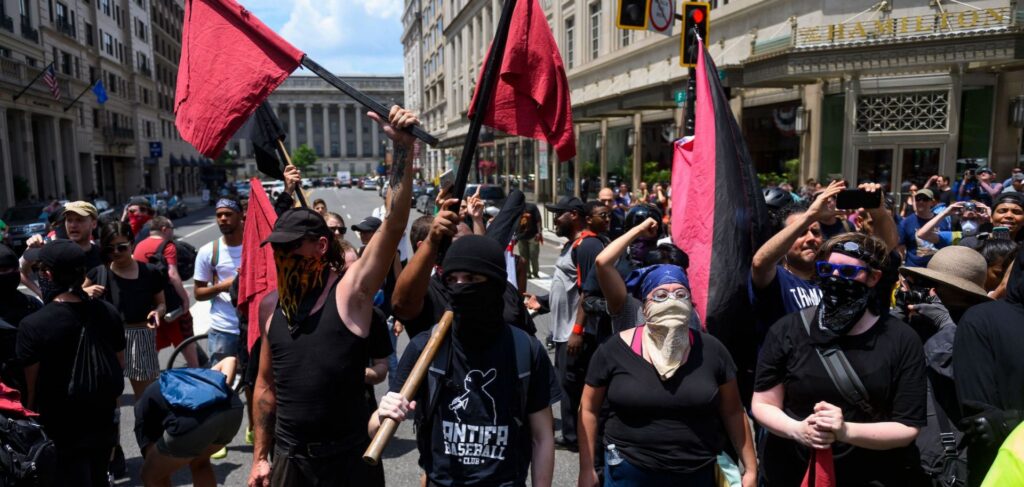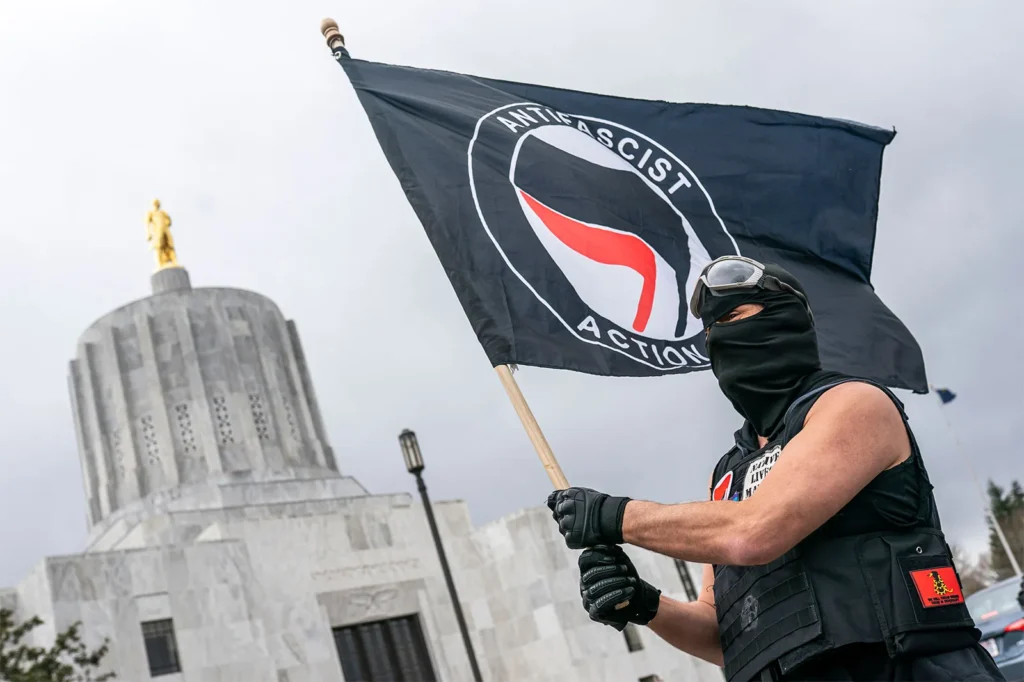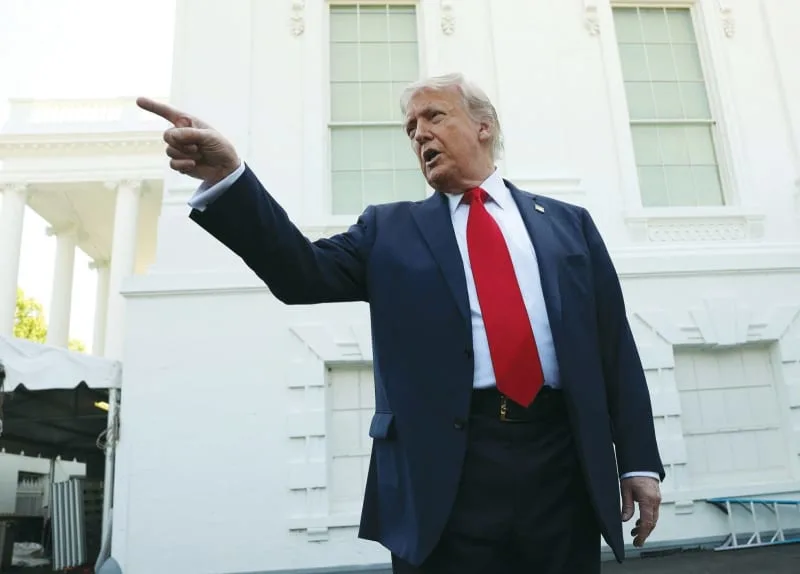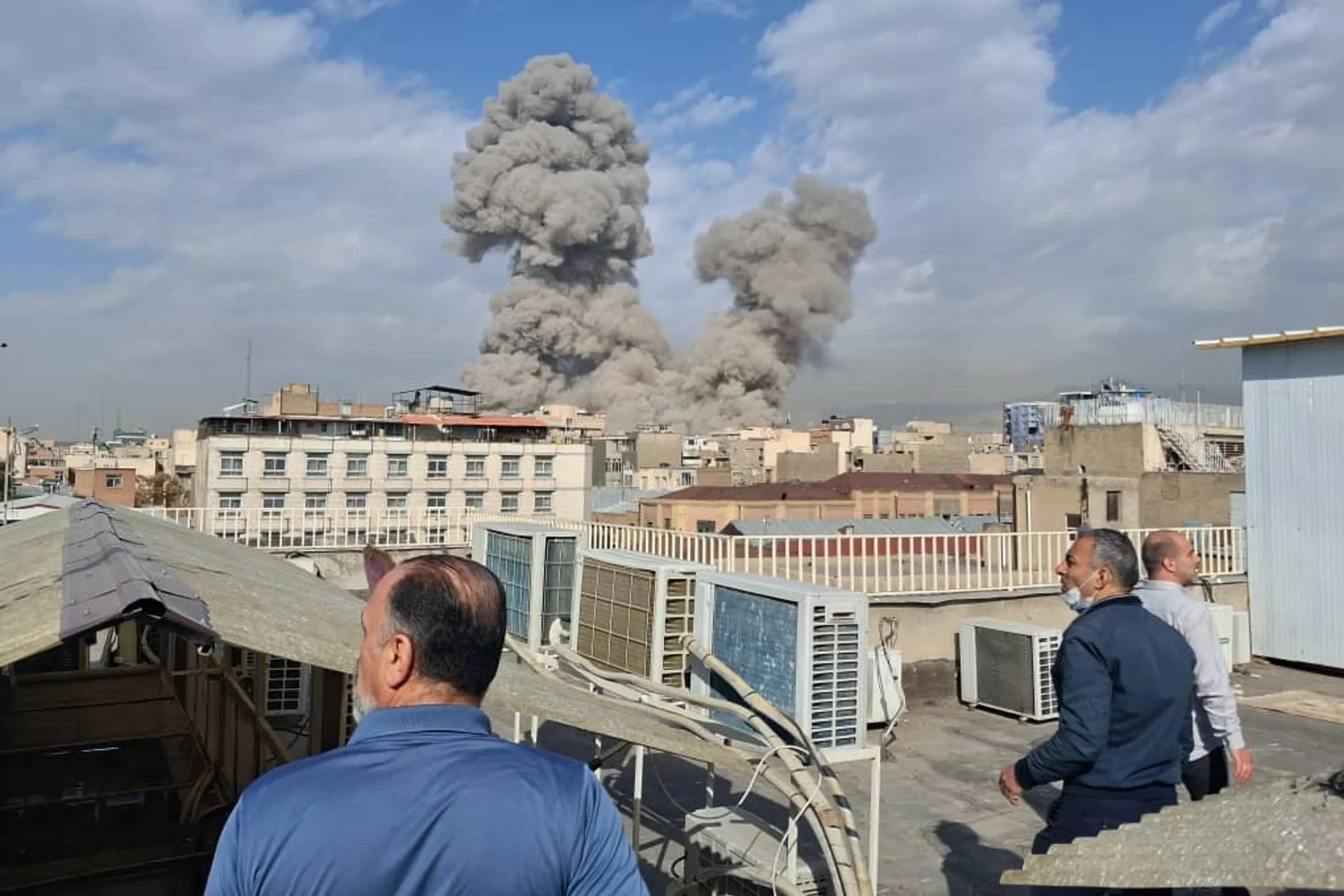Meta Description: President Trump announces the designation of Antifa as a terrorist organization, stirring legal debates and political tensions. Understand the implications, legal challenges, and political reactions to this controversial move.
Trump’s Bold Move to Label Antifa as Terrorist Group
President Donald Trump recently took to his Truth Social platform to declare the far-left activist movement Antifa as a “major terrorist organization.” This announcement, made amid heightened political tensions following the assassination of conservative activist Charlie Kirk, signals a new crackdown on what Trump’s administration calls “left-wing political violence.”
Trump described Antifa as a “sick, dangerous, radical left disaster” and vowed to thoroughly investigate individuals and groups funding the movement under the “highest legal standards.”
What is Antifa? Understanding the Movement

Antifa stands for “anti-fascists” and broadly consists of decentralized activist groups opposing right-wing and fascist ideologies. Unlike traditional organizations, Antifa has no official leaders, membership lists, or headquarters, which complicates how authorities can legally target it.
With its loose, collective nature, Antifa blurs the line between social movement and political activism, making any legal designation as a terrorist group a complex and unprecedented step.
Legal Challenges of Designating a Domestic Group
The United States has legal mechanisms to designate foreign terrorist organizations, restricting support and imposing sanctions. However, no clear legal pathway exists for designating domestic groups like Antifa as terrorist organizations.
| Key Differences | Foreign Terrorist Organizations | Domestic Groups (e.g., Antifa) |
|---|---|---|
| Formal Legal Designation | Established under U.S. law | No official mechanism |
| Organizational Structure | Centralized leadership | Decentralized, grassroots |
| Enforcement Tools | Asset freezes, prosecution | Limited by First Amendment rights |
| Free Speech & Legal Concerns | Less complicated | Potential constitutional conflict |
Due to these limitations, some experts question if Trump’s designation will have practical legal effect or remain largely symbolic.
Political Reactions and Divisions
Trump’s announcement has garnered both support and criticism. The White House describes the move as part of broader efforts to combat left-wing violence, while many Democrats and legal experts argue the designation risks suppressing political dissent and violating constitutional protections.
Within the Republican Party, opinions vary, with some endorsing strong measures against political violence and others cautioning against overreach that could alienate moderate voters.
Beyond Antifa: Wider Crackdown on Left-Wing Groups

The Antifa designation is one aspect of a broader agenda reportedly under consideration by Trump’s administration. Other potential measures include:
- Revoking tax-exempt status for certain liberal non-profits.
- Launching racketeering (RICO) investigations into groups accused of funding left-wing activism.
- Pursuing criminal charges against individuals allegedly targeting conservatives.
These initiatives indicate a law-and-order approach that seeks to root out what is described as subversive activity harming American society.
What Lies Ahead?
As this designation takes hold in political discourse, questions about enforcement, legal precedents, and implications for free speech remain. Whether Trump’s move against Antifa results in tangible legal actions or serves primarily as a political signal will likely influence the 2025 election cycle and public debate on domestic security.
For readers interested in how terrorism laws function domestically versus internationally, consider exploring related topics on U.S. domestic terrorism law, civil liberties, and political activism.



